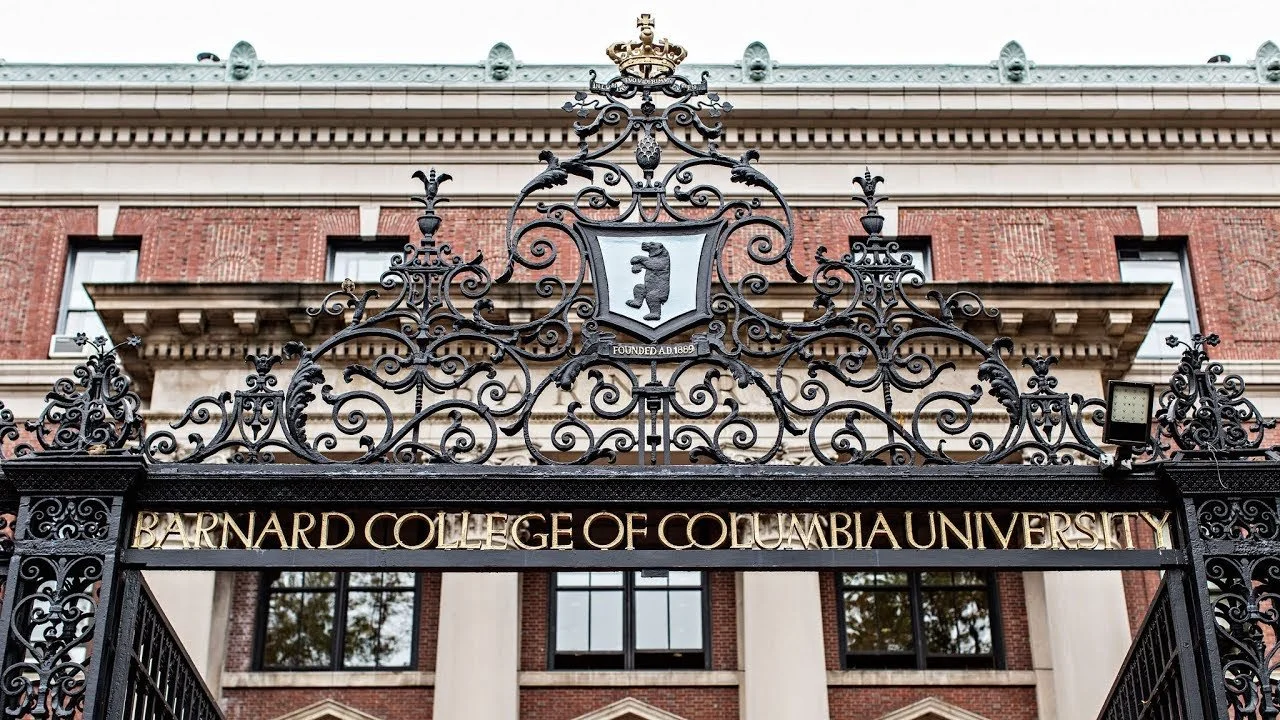Another Tech Company Steps Up Its Giving for K-12 STEM Education
/photo: Anneka/shutterstock
Akamai Technologies, a cloud company, is the latest tech company to ramp up spending to support STEM education. Earlier this month, the company announced it was creating a $50 million endowment for its philanthropic arm to promote K-12 STEM education, with an emphasis on math.
The Akamai Foundation already has invested $5 million toward STEM education since it was created, mostly through working with national and local nonprofit partners, rather than directly with schools or districts. The $50 million is meant to allow the foundation to expand its work internationally to regions where Akamai has offices.
The foundation was established in 1995, but up until now giving has been pretty modest. In 2015, the funder did less than $500,000 in grants, according to tax documents. The $5 million in gifts this year and announcement of a $50 million endowment means Akamai plans to step up giving in a big way. The cash influx puts it in the league of other corporate tech givers.
Along with the new endowment, the foundation revealed its 2018 philanthropic partners. Several of the organizations emphasize working with young women to foster an interest in STEM, including Girls Who Code, Math Prize for Girls and a mentoring program for women and girls in STEM run by Boston’s Museum of Science.
The emphasis on encouraging girls to pursue a STEM education is in line with Akamai’s past corporate giving. The company made diversity in STEM a priority through its Akamai Technical Academy and support of Girls Who Code, a partnership that’s continued into 2018.
It’s a popular strategy among tech companies, which lately have faced criticism for a workforce lacking in diversity. Investing in STEM education is seen as part of a long-term solution for tech’s diversity problems. Hiring women and minorities is easier when picking from a diverse pool of candidates. Also, given long-term demographic changes in the workforce, it's critical that STEM education reach a wider swath of young people—including from underserved communities—to ensure that tech companies can meet their 21st century labor needs.
We've written a lot about tech philanthropists and foundations investing in future tech talent. For example, Jeffrey Dean, an early Google programmer, and is wife donated $1 million to MIT and UC Berkeley to encourage diversity in computer science and electrical engineering. Mitchell Kapor, who founded Lotus, and his wife Freada Kapor Klein also adopted diversity in tech as one of their causes.
On the corporate side, Apple has made big gifts to promote diversity in the STEM space, as has Google. Girls Who Code and Black Girls Code are popular nonprofits that have won the support of tech companies. After getting mixed up in GamerGate a few years ago, Intel also adopted diversity as a focus of its corporate giving. Microsoft Philanthropies is another major player on STEM education.
Salesforce is a leader among tech companies when it comes to corporate giving. Marc Benioff, the company’s CEO, is known for his 1-1-1 approach to philanthropy, which means Salesforce donates 1 percent of its equity, 1 percent of its employees’ time and 1 percent of its products to charitable causes.
Like Akamai, Salesforce focuses a lot of its efforts on K-12 education and a fair amount of that has gone to promoting STEM. The company recently pledged $500,000 to Indianapolis Public Schools to support a new information and technology academy within a district high school. The main focus of Salesforce’s education work, though, is Bay Area public schools. Over the last several years the tech giant’s support helped the San Francisco Unified School District to become the first district in the country to have a computer science curriculum for every grade. Last year the company committed $12.2 million to the school district.
Salesforce’s approach differs from Akamai in that it gives directly to school districts, while Akamai distributes cash to other organizations working to promote STEM education. Many funders, corporate and foundation, are still wary of giving directly to traditional public school districts because of the many philanthropic dollars that have gone into the districts with mixed results. Nonprofits like Girls Who Code can be seen as safer bets for leery givers.
Akamai shares Salesforce’s penchant for giving near its offices. Akamai says that the $50 million is slated to expand work to cities where the company has hubs internationally.
Akamai has given steadily for a long time, if at lower levels than flashier outfits like Salesforce. The new endowment and 2018 grants make it a player to be watched though. It will be interesting to see what this slow but steady funder does with more cash in its pocket.
Related:







































